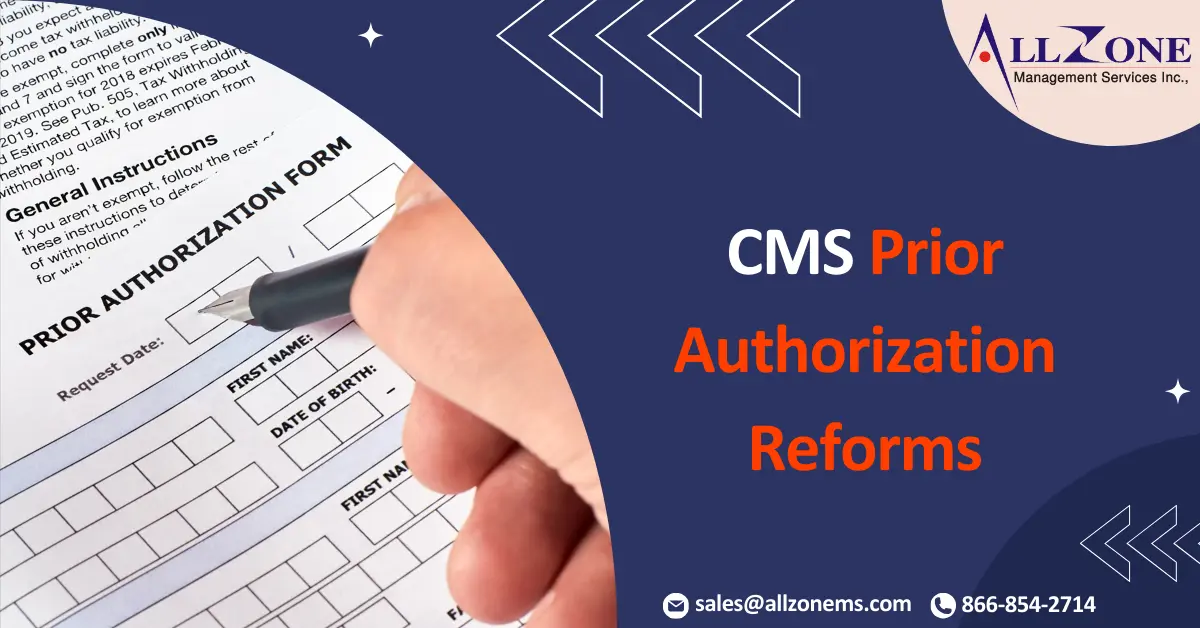The updated CMS regulations on prior authorization have been lauded as a significant step toward reducing administrative burdens for physicians. However, critics argue that the changes fall short of addressing the broader issues.
Accelerating Prior Authorization and Enhancing Transparency
Issued in January, these regulations mandate federally regulated health plans to enhance electronic health information exchange and streamline prior authorization for medical services and items. For instance, starting next year, these plans must issue prior authorization decisions within 72 hours for urgent requests and within seven calendar days for non-urgent ones. Additionally, payers must provide specific reasons for denial and publicly report prior authorization metrics.
Limitations in Prior Authorization Reforms for Out-of-Network Providers
Despite these advancements, a New York City urologist, highlighted that the regulations only apply to Medicare Advantage (MA) plans, Medicaid HMOs, and some Affordable Care Act exchange plans, as well as the Children’s Health Insurance Program. He noted that these requirements are limited to in-network physician requests, excluding out-of-network providers like himself, even though he treats MA enrollees with out-of-network benefits. “CMS assumes these providers aren’t vetted enough, despite the fact we’re already sending claims and receiving payments from Medicare,” urologist said, describing the policy as illogical and restrictive for physicians who avoid signing unfair insurance contracts.
Criticism over Electronic Prior Authorization Enforcement Discretion
Urologist also criticized CMS’s decision to exercise “enforcement discretion” on a HIPAA provision requiring electronic transactions for prior authorization, calling the move arbitrary and unsupported by legal authority. In a December 29 letter, he expressed his concerns but has not yet received a response. A CMS spokesperson defended the decision, stating that plans could use a standard programming interface for electronic prior authorizations as an alternative.
Congressional Action to Strengthen Prior Authorization Reforms
The American Medical Association (AMA) also expressed reservations. AMA President Bruce Scott, MD, acknowledged that prior authorization is overused and unjustified, frustrating both physicians and patients. While the CMS changes are a “partial fix,” he emphasized the need for Congressional action to codify the regulations, especially given the recent Supreme Court Chevron decision, which limits federal agencies’ interpretive authority. The AMA supports the bipartisan Improving Seniors’ Timely Access to Care Act, which aims to cement these regulations into law. However, the bill failed to pass during last year’s budget negotiations.
Expanding Prior Authorization Rules to Address Key Gaps
Other organizations, such as the American Academy of Family Physicians (AAFP), advocate for further reforms, including expanding the regulations to cover prescription drugs and employer-sponsored plans. Meanwhile, urologist criticized the bill for lacking enforcement mechanisms, calling for comprehensive prior authorization rules applicable to all health plans.
Another limitation of the CMS rules is their exclusion of pharmacy services and drugs administered in physician offices. CMS plans to address these gaps by proposing new rules in March to streamline prior authorization for medications under federally regulated plans. However, broader reforms remain a pressing need as the healthcare landscape evolves.
CMS Prior Authorization Reforms: Enhancing Efficiency and Transparency
The Centers for Medicare & Medicaid Services (CMS) has introduced significant prior authorization reforms aimed at improving the efficiency and transparency of the process for healthcare providers, patients, and payers. These reforms are designed to reduce administrative burdens, streamline the approval process, and improve the patient experience by ensuring timely access to medically necessary services.
Key Changes in Prior Authorization for Medicare Advantage Plans
One of the key changes is the requirement for Medicare Advantage (MA) plans to use standardized forms and electronic processes for prior authorization requests. This initiative aims to reduce manual errors and speed up processing times. Additionally, CMS mandates that MA plans provide clear rationales for denials and offer faster appeals processes for patients and providers.
The Role of Healthcare Providers and Medical Billing Companies
These reforms also emphasize the need for consistent communication between healthcare providers and payers. Medical billing companies will play a critical role in supporting providers with these changes by ensuring compliance with new rules, managing the documentation process, and facilitating the submission of prior authorization requests electronically. By leveraging technology and staying informed about evolving CMS regulations, medical billing companies can help healthcare providers navigate these reforms, minimize delays, and optimize reimbursement.
A More Efficient, Patient-Centered System
Overall, CMS’s prior authorization reforms aim to create a more efficient, patient-centered system while reducing administrative overhead for providers and ensuring timely access to care.

